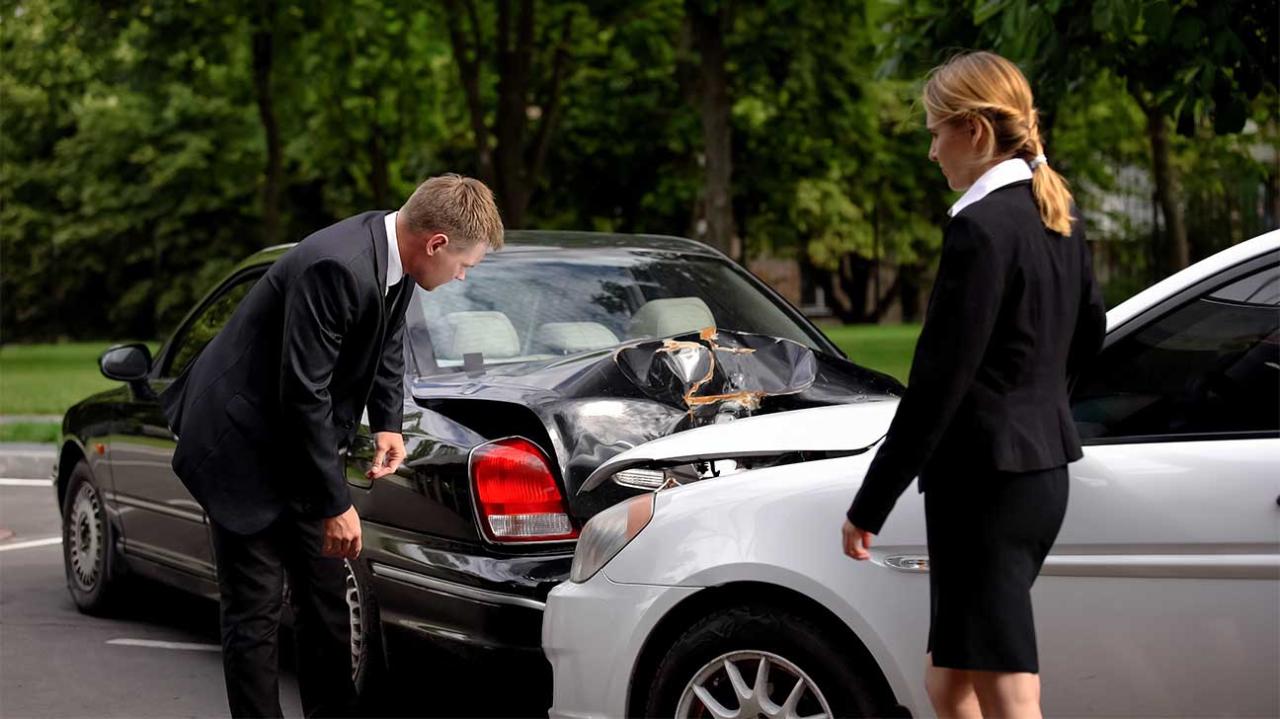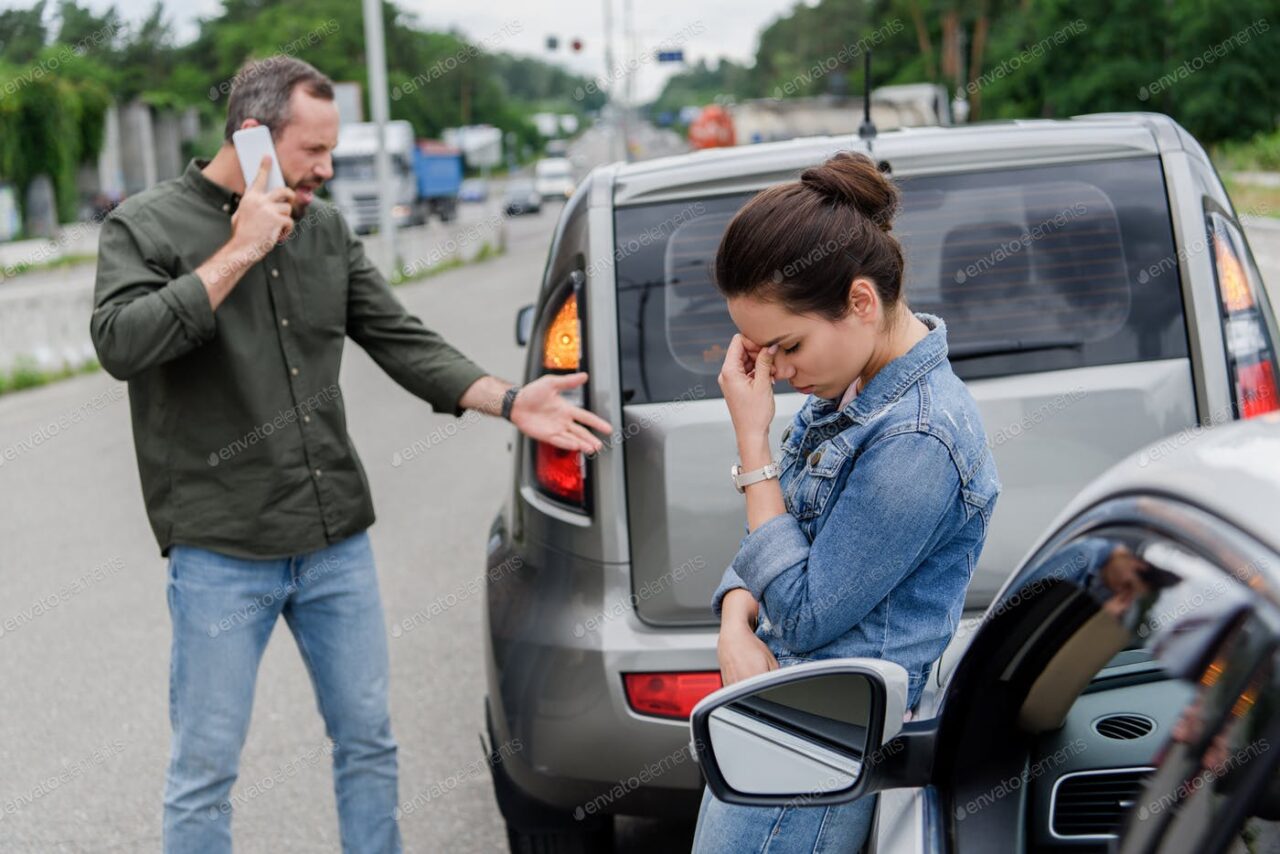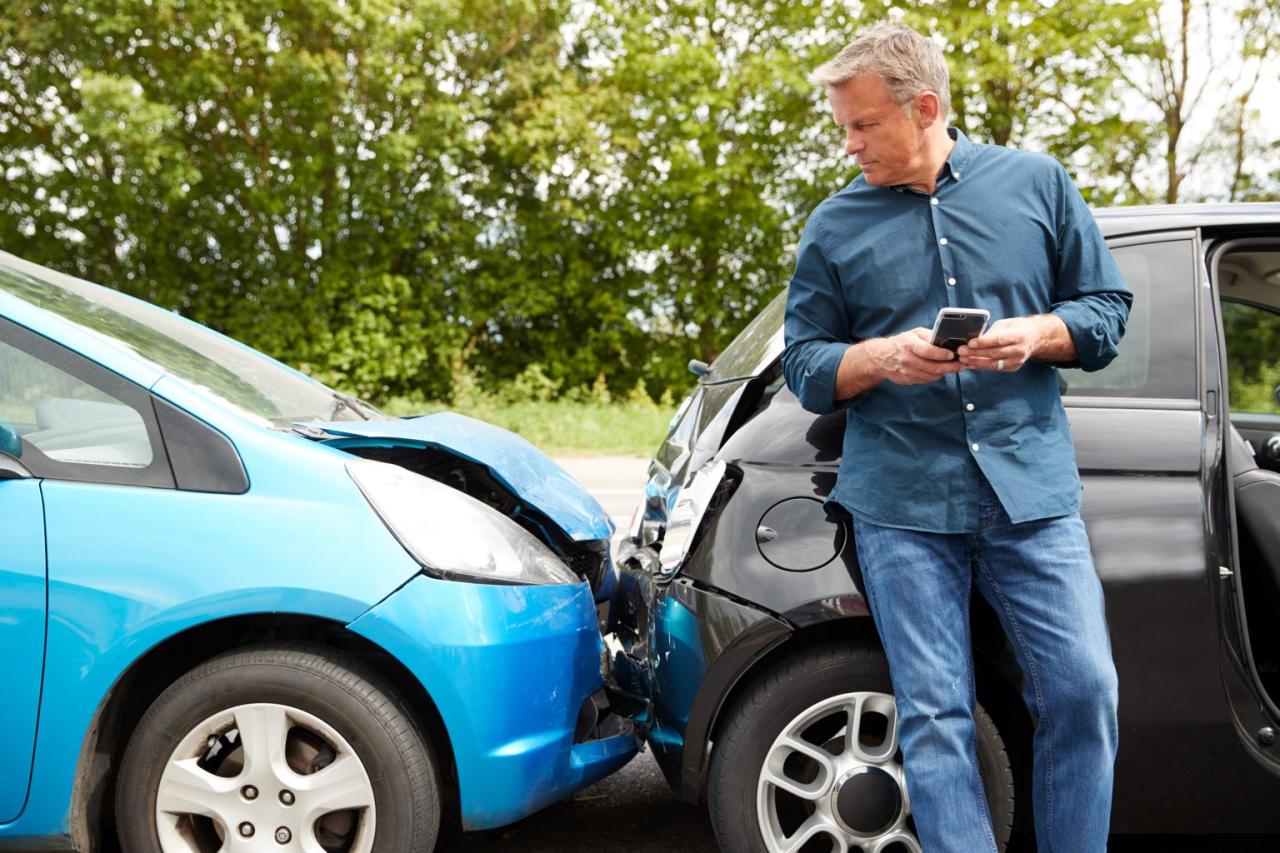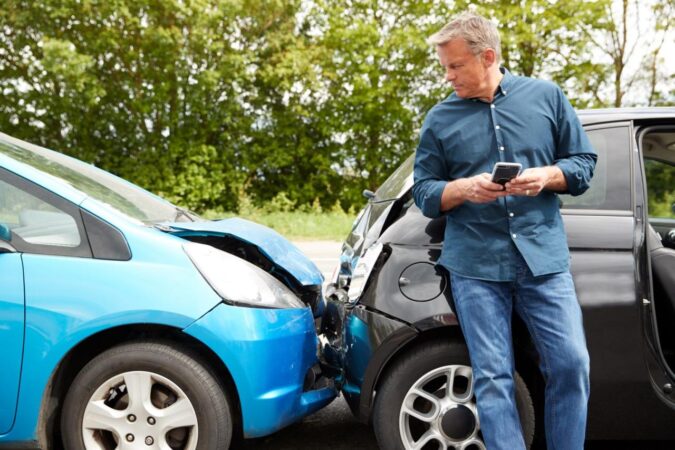
Types of Car Accident Cases
Car accidents can lead to a wide range of legal cases, depending on the nature and severity of the incident. These cases can be broadly classified into three main categories:
Personal Injury
Personal injury cases arise when an individual suffers physical or emotional harm as a result of a car accident. These cases can involve a wide range of injuries, from minor cuts and bruises to catastrophic injuries that result in permanent disability or death. In personal injury cases, the victim may seek compensation for their medical expenses, lost wages, pain and suffering, and other damages.
Wrongful Death
Wrongful death cases arise when a person dies as a result of a car accident that was caused by the negligence or recklessness of another party. In these cases, the family members of the deceased may seek compensation for their loss, including funeral expenses, lost income, and emotional distress.
Property Damage
Property damage cases arise when a car accident causes damage to property, such as vehicles, buildings, or other objects. In these cases, the owner of the damaged property may seek compensation for the cost of repairs or replacement.
Liability in Car Accidents
Determining who is liable for a car accident involves establishing legal responsibility based on the actions or omissions of the parties involved. Liability is typically assessed through the lens of negligence, comparative fault, and contributory negligence.
Negligence
Negligence refers to the failure to exercise reasonable care, which results in harm to another person or their property. In the context of car accidents, negligence can manifest in various forms, such as:
- Speeding or reckless driving
- Driving under the influence of alcohol or drugs
- Failing to yield the right of way
- Distracted driving (e.g., texting, talking on the phone)
Comparative Fault
Comparative fault is a legal doctrine that assigns liability to multiple parties based on their respective degrees of fault. In most states that follow comparative fault rules, each party’s liability is reduced in proportion to their own negligence.
For instance, if a driver is found to be 60% at fault for an accident and the other driver is 40% at fault, the first driver would be liable for 60% of the damages, while the second driver would be liable for 40%.
Contributory Negligence
Contributory negligence is a more stringent legal doctrine that completely bars recovery for a plaintiff who is found to be partially at fault for an accident. In other words, if a plaintiff is even 1% negligent, they cannot recover any damages from the defendant.
Contributory negligence is still recognized in a handful of states, but it has been largely replaced by comparative fault rules.
Damages in Car Accidents
In the aftermath of a car accident, victims may sustain a wide range of damages, both tangible and intangible. Understanding the types of damages that can be recovered is crucial for ensuring fair compensation.
Medical Expenses
Medical expenses are a major category of damages in car accident cases. These include:
- Hospitalization and emergency care
- Doctor’s visits and medical treatments
- Prescription medications
- Rehabilitation and physical therapy
- Long-term medical care and support
Lost Wages
Lost wages refer to the income that an accident victim is unable to earn due to injuries or recovery time. This includes:
- Missed work days
- Reduced earning capacity
- Lost bonuses or promotions
- Future earning potential
Pain and Suffering
Pain and suffering encompasses the physical and emotional distress experienced as a result of the accident. This includes:
- Physical pain and discomfort
- Emotional trauma and mental anguish
- Loss of enjoyment of life
- Disfigurement or scarring
Emotional Distress
Emotional distress refers to the psychological and emotional impact of the accident, including:
- Anxiety and depression
- Post-traumatic stress disorder (PTSD)
- Sleep disturbances
- Relationship problems
Insurance Coverage for Car Accidents

Insurance coverage plays a vital role in mitigating the financial burden associated with car accidents. Understanding the various types of coverage available can help ensure that you are adequately protected in the event of a collision.
There are several types of insurance coverage that may apply to car accidents:
Liability Insurance
- Covers damages caused to other vehicles and property, as well as medical expenses for injured parties in an accident where you are at fault.
- Required by law in most jurisdictions.
Collision Insurance
- Covers damages to your own vehicle, regardless of who is at fault in an accident.
- Optional coverage that provides additional protection beyond liability insurance.
Uninsured/Underinsured Motorist Coverage
- Protects you from financial losses caused by accidents involving drivers who do not have insurance or have insufficient coverage.
- Highly recommended, especially in areas with high rates of uninsured drivers.
Hiring a Car Accident Lawyer

Hiring a car accident lawyer can provide numerous benefits to victims of car accidents. Legal expertise, experience with insurance companies, and the ability to negotiate settlements are just a few of the advantages that come with hiring a qualified attorney.
Benefits of Hiring a Car Accident Lawyer
- Legal Expertise: Car accident lawyers are well-versed in the complexities of personal injury law and can provide valuable legal advice and representation. They can help you understand your rights, navigate the legal process, and maximize your compensation.
- Experience with Insurance Companies: Insurance companies often try to minimize or deny claims, but a car accident lawyer can advocate for your rights and ensure that you receive a fair settlement.
- Ability to Negotiate Settlements: Car accident lawyers have the skills and experience to negotiate favorable settlements with insurance companies. They can present your case effectively and work to obtain the maximum compensation you deserve.
The Car Accident Legal Process

The legal process following a car accident involves several stages:
- Filing a Claim: The first step is to file a claim with the insurance company of the at-fault driver. The claim should include details of the accident, injuries, and damages.
- Negotiating a Settlement: The insurance company will typically investigate the claim and make an offer for settlement. The injured party can negotiate with the insurance company to reach a fair settlement.
- Going to Trial: If negotiations fail, the injured party may file a lawsuit against the at-fault driver. The case will be heard in court, and a judge or jury will determine the amount of compensation awarded.





